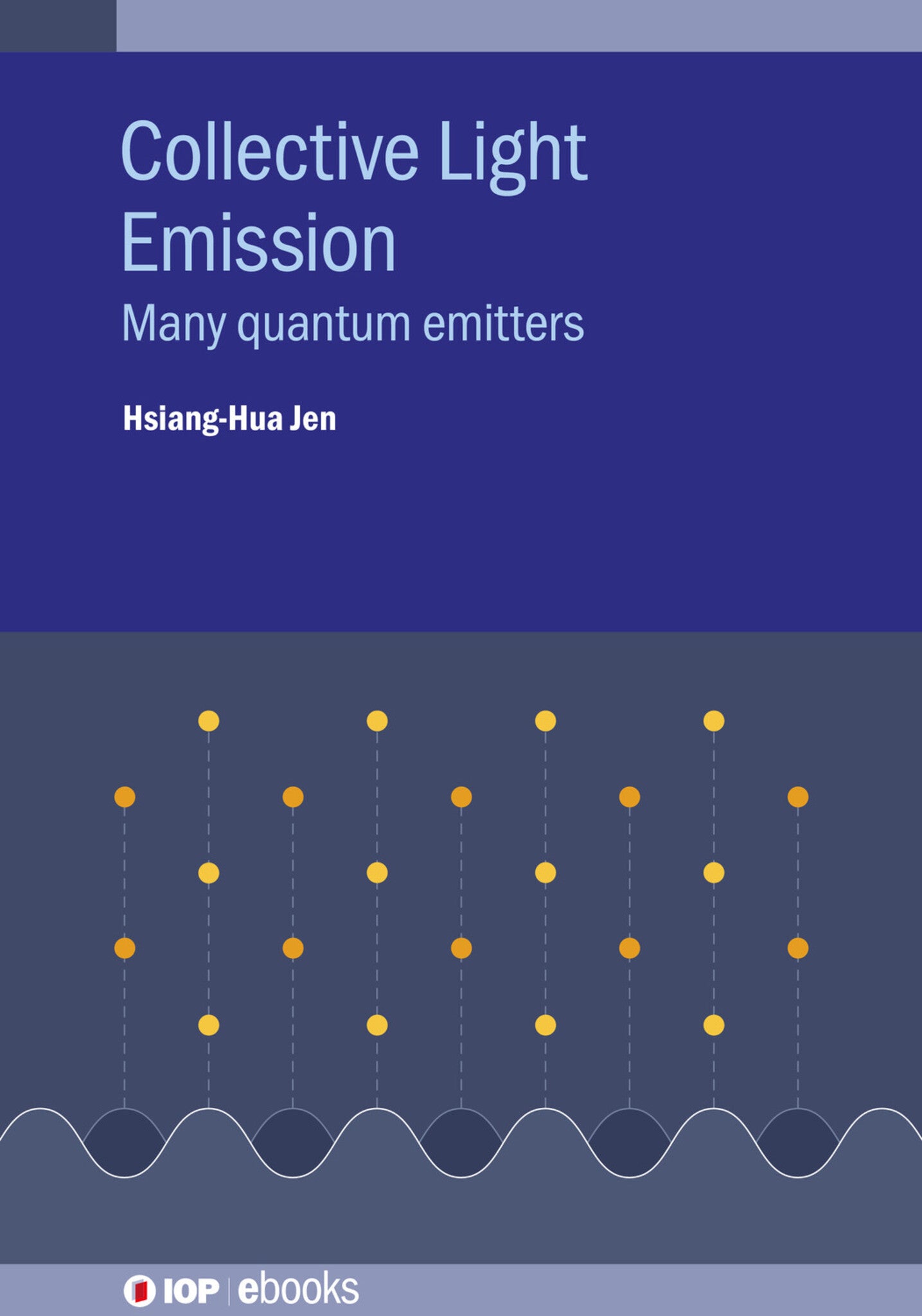We're sorry. An error has occurred
Please cancel or retry.
Collective Light Emission

Some error occured while loading the Quick View. Please close the Quick View and try reloading the page.
Couldn't load pickup availability
- Format:
-
08 October 2020

Collective Light Emission: Many quantum emitters covers several recent and essential topics related to collective light emissions from many quantum emitters. Light–matter interactions in quantum systems form one of the complicated dynamical systems. Owing to its complexity, researchers have developed new means and techniques to investigate such systems with better control of parameters and better precision to observe interesting phenomenon. These advancements provide new insights to this research direction, and this book dives into the recent progress and future of it. The book includes the basic mechanism, well-known super- and sub-radiant phenomena in free space and nanophotonic platform, applications in quantum systems, and perspectives to future directions. Additionally, several updates of this ongoing research and challenges confronted in experiments and theories are included.
Key Features
- A detailed introduction of recent progress of cooperative phenomena of light
- Stimulating deliberation on distinct features from light-induced atom–atom correlations
- New angle to the collective radiation
- Insights to quantum engineering of light
- Includes future prospective and opportunities

SCIENCE / Physics / Optics & Light, Optical physics, SCIENCE / Physics / Quantum Theory, Quantum physics (quantum mechanics and quantum field theory)

The funding from MOST under the Grant Nos. MOST-106-2112-M-001-
005-MY3 and MOST-109-2112-M-001-035-MY3, and the support of NCTS ECP1
(Experimental Collaboration Program) are well acknowledged.



